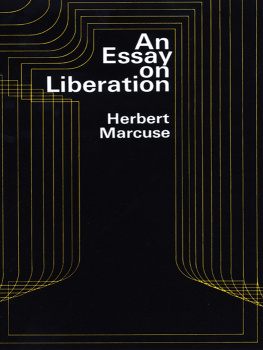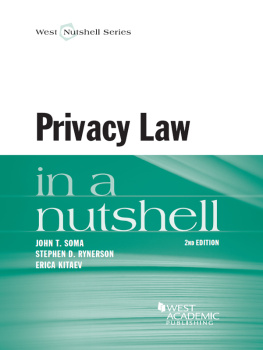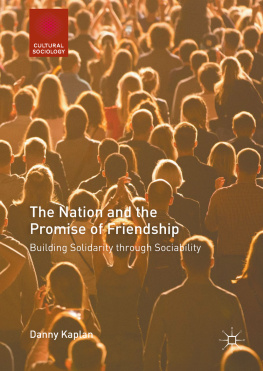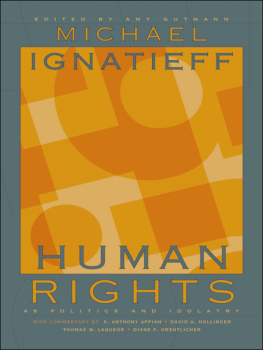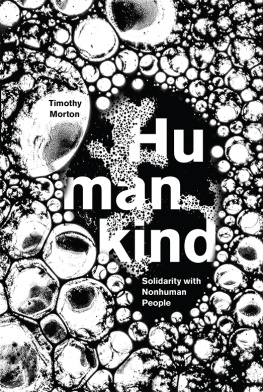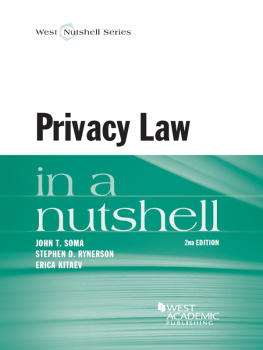Ignatieff - The needs of strangers
Here you can read online Ignatieff - The needs of strangers full text of the book (entire story) in english for free. Download pdf and epub, get meaning, cover and reviews about this ebook. City: New York, N.Y., U.S.A, year: 1985, publisher: Picador;Viking, genre: Romance novel. Description of the work, (preface) as well as reviews are available. Best literature library LitArk.com created for fans of good reading and offers a wide selection of genres:
Romance novel
Science fiction
Adventure
Detective
Science
History
Home and family
Prose
Art
Politics
Computer
Non-fiction
Religion
Business
Children
Humor
Choose a favorite category and find really read worthwhile books. Enjoy immersion in the world of imagination, feel the emotions of the characters or learn something new for yourself, make an fascinating discovery.

- Book:The needs of strangers
- Author:
- Publisher:Picador;Viking
- Genre:
- Year:1985
- City:New York, N.Y., U.S.A
- Rating:3 / 5
- Favourites:Add to favourites
- Your mark:
- 60
- 1
- 2
- 3
- 4
- 5
The needs of strangers: summary, description and annotation
We offer to read an annotation, description, summary or preface (depends on what the author of the book "The needs of strangers" wrote himself). If you haven't found the necessary information about the book — write in the comments, we will try to find it.
Abstract: An essay on privacy, solidarity, and the politics of being human--Jacket subtitle
The needs of strangers — read online for free the complete book (whole text) full work
Below is the text of the book, divided by pages. System saving the place of the last page read, allows you to conveniently read the book "The needs of strangers" online for free, without having to search again every time where you left off. Put a bookmark, and you can go to the page where you finished reading at any time.
Font size:
Interval:
Bookmark:
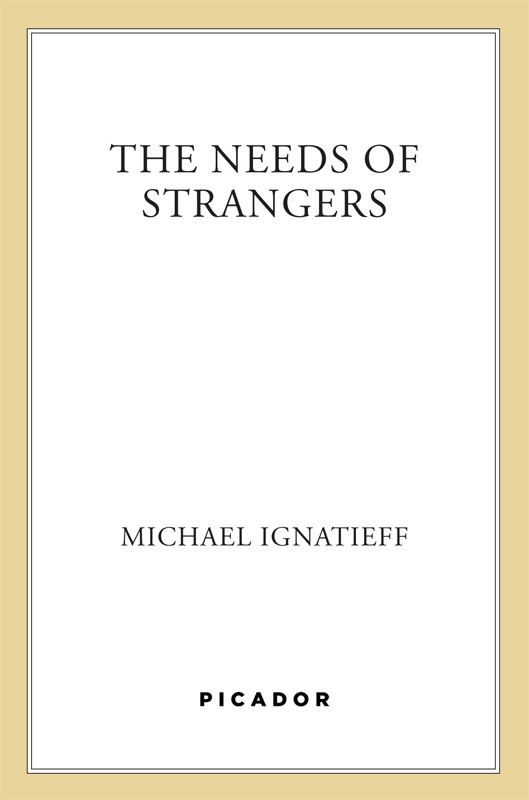

The author and publisher have provided this e-book to you for your personal use only. You may not make this e-book publicly available in any way. Copyright infringement is against the law. If you believe the copy of this e-book you are reading infringes on the authors copyright, please notify the publisher at: us.macmillanusa.com/piracy.
Contents
King Lear
Augustine, Bosch, Erasmus, Pascal
Hume and Boswell
Smith and Rousseau
During the years I was thinking about this book, I was a senior research fellow at Kings College, Cambridge. I want to thank the Managers of the Research Centre, the Provost, Bernard Williams, and the fellows of the college for the honour and pleasure of their company.
I would like to thank those who commented on the manuscript and who helped me to see my way with this project: Hugh Brody, Sylvana Tomaselli, John Forrester, Istvan Hont, Gareth Stedman Jones, Judith Shklar, William Leiss, Jan Dalley, Mike Petty, Elisabeth Sifton, Anthony Sheil, Geoffrey Hawthorn.
The book is dedicated to Susan who teaches me my needs.
There are few things we should keenly desire
if we really knew what we wanted.
LA ROCHEFOUCAULD
I live in a market street in north London. Every Tuesday morning there is a barrow outside my door and a cluster of old age pensioners rummage through the torn curtains, buttonless shirts, stained vests, torn jackets, frayed trousers and faded dresses that the barrow man has on offer. They make a cheerful chatter outside my door, beating down the barrow mans prices, scrabbling for bargains like crows pecking among the stubble.
They are not destitute, just respectably poor. The old men seem more neglected than the women: their faces are grey and unshaven and their necks hang loose inside yellowed shirt collars. Their old bodies must be thin and white beneath their clothes. The women seem more self-possessed, as if old age were something their mothers had prepared them for. They also have the skills for poverty: the hems of their coats are neatly darned, their buttons are still in place.
These people give the impression of having buried their wives and husbands long ago and having watched their children decamp to the suburbs. I imagine them living alone in small dark rooms lit by the glow of electric heaters. I came upon one old man once doing his shopping alone, weighed down in a queue at a potato stall and nearly fainting from tiredness. I made him sit down in a pub while I did the rest of his shopping. But if he needed my help, he certainly didnt want it. He was clinging on to his life, gasping for breath, but he stared straight ahead when we talked and his fingers would not be pried from his burdens. All these old people seem like that, cut adrift from family, slipping away into the dwindling realm of their inner voices, clinging to the old barrow as if it were a raft carrying them out to sea.
My encounters with them are a parable of moral relations between strangers in the welfare state. They have needs, and because they live within a welfare state, these needs confer entitlementsrightsto the resources of people like me. Their needs and their entitlements establish a silent relation between us. As we stand together in line at the post office, while they cash their pension cheques, some tiny portion of my income is transferred into their pockets through the numberless capillaries of the state. The mediated quality of our relationship seems necessary to both of us. They are dependent on the state, not upon me, and we are both glad of it. Yet I am also aware of how this mediation walls us off from each other. We are responsible for each other, but we are not responsible to each other.
My responsibilities towards them are mediated through a vast division of labour. In my name a social worker climbs the stairs to their rooms and makes sure they are as warm and as clean as they can be persuaded to be. When they get too old to go out, a volunteer will bring them a hot meal, make up their beds, and if the volunteer is a compassionate person, listen to their whispering streams of memory. When they cant go on, an ambulance will take them to the hospital, and when they die, a nurse will be there to listen to the ebbing of their breath. It is this solidarity among strangers, this transformation through the division of labour of needs into rights and rights into care that gives us whatever fragile basis we have for saying that we live in a moral community.
Modern welfare may not be generous by any standard other than a comparison with the nineteenth-century workhouse, but it does attempt to satisfy a wide range of basic needs for food, shelter, clothing, warmth and medical care. The question is whether that is all a human being needs. When we talk about needs we mean something more than just the basic necessities of human survival. We also use the word to describe what a person needs in order to live to their full potential. What we need in order to survive, and what we need in order to flourish are two different things. The aged poor on my street get just enough to survive. The question is whether they get what they need in order to live a human life.
The political arguments between right and left over the future of the welfare state which rage over these old peoples heads almost always take their needs entirely for granted. Both sides assume that what they need is income, food, clothing, shelter and medical care, then debate whether they are entitled to these goods as a matter of right, and whether there are adequate resources to provide them if they are. What almost never gets asked is whether they might need something more than the means of mere survival.
There are good reasons for this silence. It is difficult enough to define human need in terms of basic necessities. These are, after all, relative and historical, and there has always been fierce controversy over the level at which basic human entitlements should be set in any society. How much more controversial must be the definition of need as the conditions for human flourishing. There is not just one good human life, but many. Who is to say what humans need to accomplish all the finest purposes they can set for themselves?
It is also notorious how self-deceiving we are about our needs. By definition, a person must know that he desires something. It is quite possible, on the other hand, to be in need of something and not know that one is. Just as we often desire what we do not need, so we often need what we do not consciously desire.
If we often deceive ourselves about what we need, we are likely to be deceived about what strangers need. There are few presumptions in human relations more dangerous than the idea that one knows what another human being needs better than they do themselves. In politics, this presumption is a warrant to ignore democratic preferences and to trample on freedom. In other realms too, the arrogation of the right by doctors to define the needs of their patients, of social workers to administer the needs of their clients, and finally of parents to decide the needs of their children is in each case a warrant for abuse.
Yet if we are often deceived about our own needs, there must be cases in which it is in our interest that someone speaks for our needs when we ourselves cannot. There are people who have had to survive on so little for so long in our society that their needs have withered away to barest necessity. Is it wrong to raise their expectations, to give them a sense of the things they have gone without? Is it wrong to argue that the strangers at my door should not be content with the scraps at the barrow? Any politics which wants to improve the conditions of their lives has to speak for needs which they themselves may not be able to articulate. That is why politics is such a dangerous business: to mobilize a majority for change you must raise expectations and create needs which leap beyond the confines of existing reality. To create needs is to create discontent, and to invite disillusionment. It is to play with lives and hopes. The only safeguard in this dangerous game is the democratic requirement of informed consent. One has no right to speak for needs which those one represents cannot intelligibly recognize as their own.
Font size:
Interval:
Bookmark:
Similar books «The needs of strangers»
Look at similar books to The needs of strangers. We have selected literature similar in name and meaning in the hope of providing readers with more options to find new, interesting, not yet read works.
Discussion, reviews of the book The needs of strangers and just readers' own opinions. Leave your comments, write what you think about the work, its meaning or the main characters. Specify what exactly you liked and what you didn't like, and why you think so.





